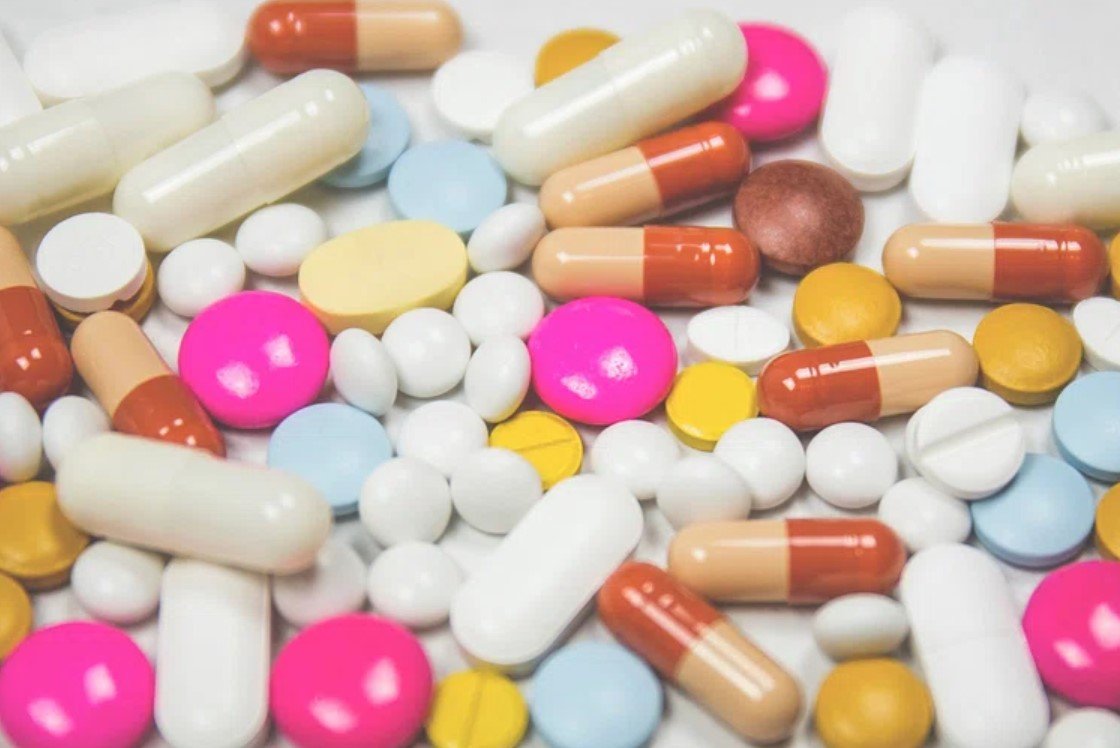The discourse surrounding transgender minors and hormone therapy is one that is evolving rapidly, as scientific research and societal understanding progress hand-in-hand. The topic is multifaceted, involving medical, psychological, and social dimensions, and it’s crucial to approach it with sensitivity and an informed perspective.
Gender dysphoria is a condition where there is a conflict between a person’s physical or assigned gender and the gender with which they identify. This can cause significant distress, anxiety, and impairment in functioning. Early intervention, particularly during adolescence, can be crucial for transgender individuals. It can alleviate the symptoms of gender dysphoria, improve mental health outcomes, and aid in the overall well-being of the individual.

Hormone therapy, which may include androgen blockers and estrogen or testosterone, depending on the individual’s needs, is one of the medical interventions available for transgender minors. It’s a step that is often considered after thorough evaluation by healthcare professionals, including mental health support.
The Impact of Hormone Therapy on Mental Health
The psychological impacts of hormone therapy are profound. Studies have shown that access to gender-affirming hormone therapy can lead to significant reductions in depression, anxiety, and suicidal ideation among transgender youths. The treatment aligns their physical characteristics with their gender identity, which can lead to an increase in self-esteem and an overall better quality of life.
However, the decision to start hormone therapy is not one taken lightly. It involves careful consideration of the risks, benefits, and the individual’s stage of development. Mental health professionals play a key role in supporting both the individual and their family through this process.
Societal and Legal Considerations
The conversation around hormone therapy for transgender minors is not just a medical one; it is deeply intertwined with societal and legal factors. Legislation varies widely across different regions, with some areas providing full support for transgender minors seeking hormone therapy, while others have enacted laws that restrict access to such treatments.
These legal disparities reflect broader societal attitudes towards transgender individuals and can have a direct impact on their access to care. Advocates for transgender rights argue that denying access to hormone therapy can exacerbate mental health issues and undermine the individual’s right to self-determination.
















